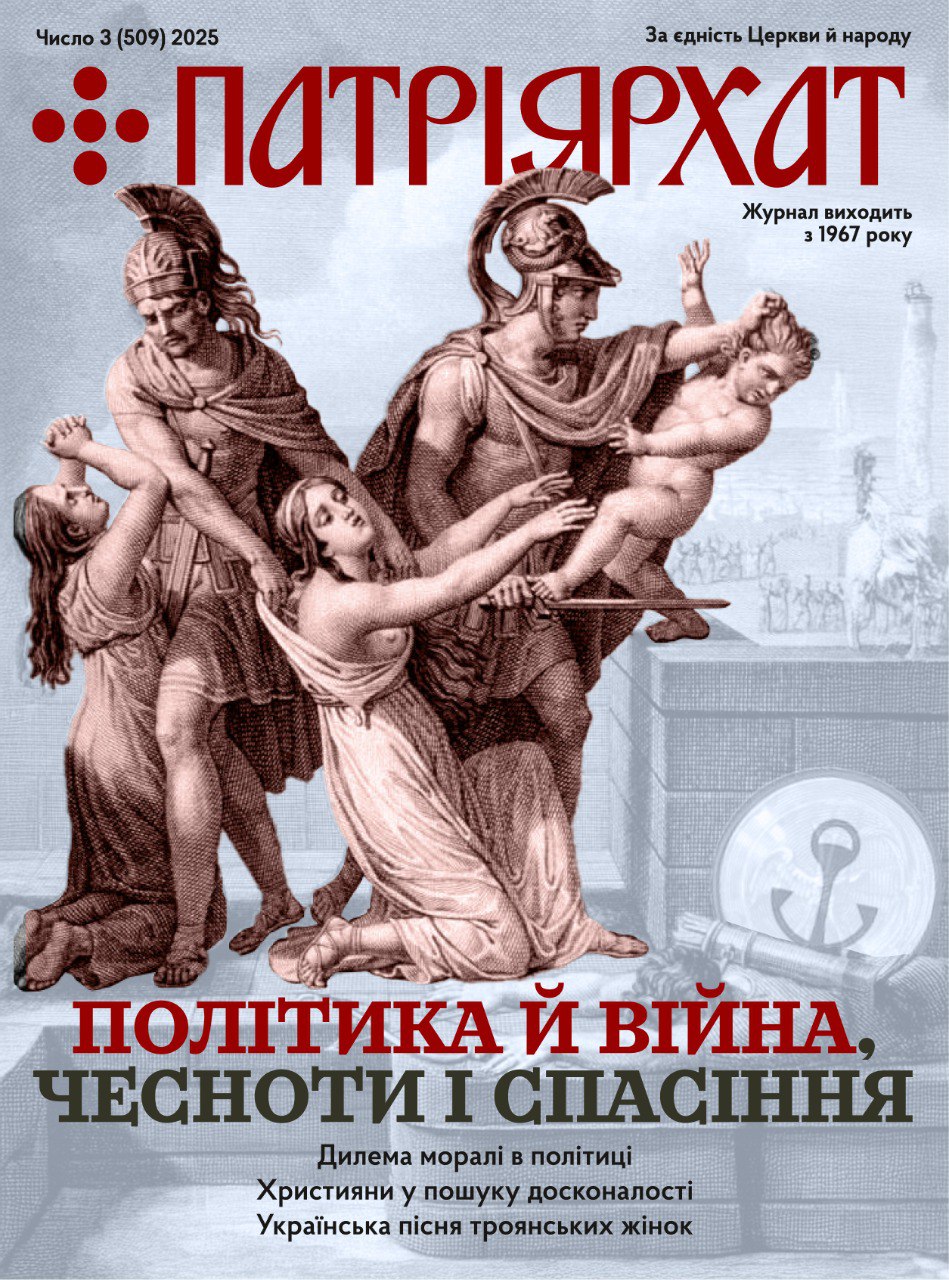Last fall Pope Paul VI appointed over 60 advisors to the Papal Commission for Revision of Canon Law pertaining to the Eastern Churches. The new appointees included four clergymen of the Ukrainian Catholic Church:
Bishop Andrij Sapelak, Argentina;
Rev. Atanasij Vilikij, head of the Order of St. Basil the Great,
Rev. Mons. Miroslav Marusyn, Apostolic delegate for Ukrainian Catholics in Benelux and Scandinavian countries, and Rev. Roman Daniliak.
Of the new advisors, eleven are bishops. Almost all of them are from the Eastern Churches. Some are identified by their rite, such as Maronite, Melchite, etc., but there is no such designation beside Bishop Sapelak’s name. Among the advisors bearing lower church ranks, many are members of Western orders and communities. On the other hand, there are no representatives at all from monastic communities for women. There is only one layman on this list, and, judging from his name, he seems to be a German. Thus appears in Rome the widening of responsibility granted to its greatest constituent element, the common laity.
The role of the advisors is the making of suggestions to the members of the Commission itself in drawing up the paragraphs which would make up the new code for Eastern Churches.
If we examine the new list of advisors from the point of view of the best interests of the Ukrainian Catholic Church, then we are forced to conclude that much cannot be expected from this body.
Secretary of the Eastern Congregation, who just finished his trip in the United States.
He is known for representing and defending Vatican policies hostile to the Ukrainian Catholic Church, especially on the issue of the Patriarchate and autonomy.
If the Curia, picked from the other Churches the kind of advisors it picked from our Church, that is, designated only those who blindly followed the Curia’s will, then this group, which will play a part in drawing up the new canon code for Eastern Churches, will insure that the new code will not differ much from the old one, whose aim was to obviate all differences between the various rites and to amalgamate them under the one arch of the Latin Church. For Eastern Churches, especially for the Ukrainian Catholic Church, this would mean unenviable demise. We have repeatedly called attention to this danger. The list of the newly-named advisors to the Commission for Canon Law pertaining to the Eastern Churches provides further proof that such a danger exists.
The names of the Ukrainian advisors are known by the laity to be (without exceptions faithful and obsequious servants of the Eastern Congregation and the Roman Curia.
With Bishop Sapelak in the lead, all of them have, during the last year, opposed the laity’s struggle for the Patriarchate and self-governance. Probably, for these very efforts they have been rewarded by Rome. Incidentally, three out of the four reside permanently in Rome. Furthermore, not one of them is, as far as we know, an expert in Canon law. Rev. (Archimandrit) Atanasij Velikij is a distinguished church historian, and Monsignor Miroslav Marusyn is a recognized expert on this liturgy, but neither is known as a specialist of Eastern canon law.
Commentary
One of the important byproducts of the patriarchal movement is the interest generated in the Ukrainian Catholic Church not only in the news media and the journalistic world, but in the scholarly world as well. Many students, both graduate and undergraduate, have recently become interested in the plight of .the Ukrainian Catholic Church, and of Ukraine and its people, and are doing serious studies on a variety of topics and problems connected with it. At many universities on the East coast, Ukrainian topics are very much “in”, in such disciplines as sociology, urban anthropology, religion, and related areas. These studies, undertaken mostly at the suggestion of the students themselves, are an indication that the plight of our Church and our people is becoming more a concern for young people who are going to be leaders of tomorrow. As one example of such a study, as well as an attempt to indicate from what point of view the Ukrainian problem is being considered by young people studying it, we will quote a few excerpts from a thesis written for Seton Hall University by Miss Catherine Babak, a third generation Ukrainian American.
The thesis is entitled: “Joseph Slipyj, the Ukrainian’s Choice for Patriarch”. Among the conclusions which this young student draws, are the following:
“A patriarchate now can save our Church from eventual extinction. The Vatican is playing a political role in its ecumenical dialogue with the soviets and their puppet church of the Patriarchate of Moscow. These dealings are being conducted at the price of the existence of our church in Ukraine and abroad.
The Ukrainian demand for a patriarchate cannot be put off. It must be dealt with now, before it is too late. The time has come for all the Ukrainian Catholic faithful to rise up and proclaim to the world, that we finally have a patriarchal system with His Beatitude Joseph Slipyj as the first Patriarch.
Only he can keep us united and hold the Ukrainian Catholic Church together against those who are bent on destroying her forever. Only by having a Patriarchate can the Ukrainian Catholic Church bring together the one million eight hundred thousand of her faithful scattered outside the boundaries of Ukraine.
The Patriarchate would also serve as a source of inspiration for the persecuted faithful inside Ukraine and communist Russia. Such words and thoughts expressed by young people who have made it their task to study the tragic situation of our Church are indeed heartening. The efforts of Miss Babak and many students like her, both of Ukrainian and non-Ukrainian descent, will play a very important role in the future of our Church.
The Church, we repeat, is nobody’s exclusive property, and the faithful both young and old, have a legitimate claim and a compelling obligation to concern themselves actively with her well-being.

